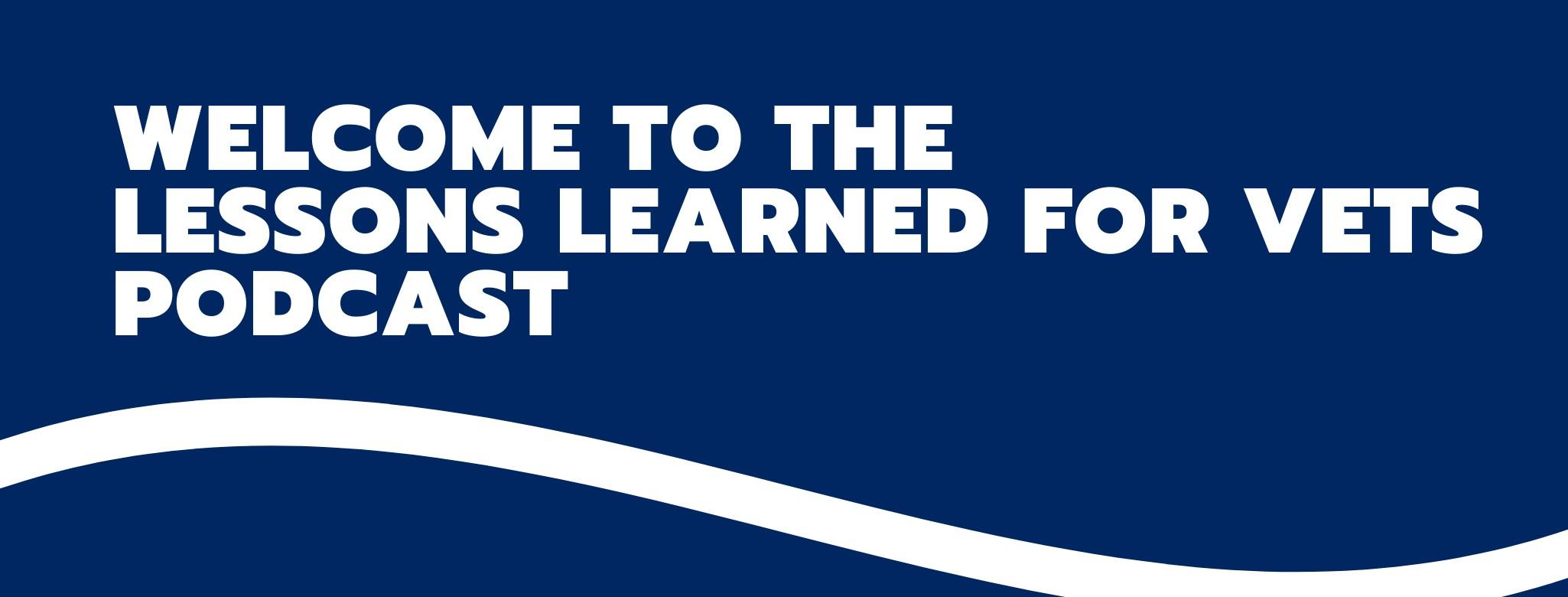
Season 3 Episode 116: Military Transition Q&A with Jennifer Jones
Jennifer Jones is wrapping up her 20-year career in the US Air Force as a paralegal manager who trains and develops 350 other legal professionals. Jennifer is in the process of transitioning and is contemplating roles in the human resources, data analytics or financial fields. On this episode, Jennifer asks questions to help clarify the actions she needs to take for a successful transition.
I have heard it said many times that superintendents are "jack of all trades, master of none.” How do we market ourselves to show our expansive experience?
You should not market all your skills unless they are relevant to the position that you are applying for. If you list all your skills, you risk watering down and diluting the value of the relevant skills. If you are changing career fields, relate and translate your military skills to your next career field. Your goal is to help the employer understand the value you can bring to their organization.
I have many interests and am struggling with how to proceed in the job search process. Do you have recommendations to help me clarify my future?
There are 3 key steps that will help you find your focus.
- Self-Reflection: Focus on your values and preferences. What makes you marketable? What are your salary needs? What transferable skills do you have?
- Research: Use resources like O*NET and labor market research to gather data on the industry you are targeting. Take note of any requirements or certifications you may need.
- Informational Interviews: Ask people, veterans and non-veterans, about a day in the life of the career. When talking with veterans, ask them what skills did they bring from the military that are most important.
Remember your post-military career is not permanent. You can always shift, pivot or change gears entirely. Research shows that adults change careers 7-9 times.
What are the most desirable skills to showcase on a resume and in an interview?
According to an article released by Indeed.com in 2/2023, the top 11 skills employers value most are: Communication, Leadership, Teamwork, Interpersonal, Learning/Adaptability, Self-Management, Organizational, Computer, Problem-Solving, Open-Mindedness and Work Ethic.
In 3/2023, Indeed.com also released a list of the top 10 core competencies that employers value. These are the attributes and inherent aspects of personality that you either naturally possess or have built over the course of your career. They are: Accountability, Ambition, Communication, Conflict-Resolution, Decisiveness, Delegation, Flexibility, Initiative, Stress Management and Teamwork.
Note that all these skills are learned effectively in the military.
What are key factors to consider in an interview?
Your qualifications are only 10% of your success in an interview. Your responsiveness to questions is 40%. Your nonverbal communication is another 40%. That last 10% is the elusive factor – for example, maybe you were invited to an interview because you know someone in the organization. Knowing that your qualifications are what they are, consider that 80% of your success is within your control.
Subscribe to our YouTube channel at https://tinyurl.com/llforvets22.
You can connect with Jennifer on LinkedIn at https://www.linkedin.com/in/jennifer-jones-mba-hr-501a68239/
SUBSCRIBE & LEAVE A FIVE-STAR REVIEW and share this with other veterans who might need help as they transition from the military!
Are You Struggling to Write Your Resume?
I created the Veteran Resume Self-inspection Checklist to lessen the resume writing struggle for veterans. This 11-item checklist will educate you in resume best practices while giving veterans a guide to assess their resume and determine if it's ready to send to employers.
Download Your Checklist Here




